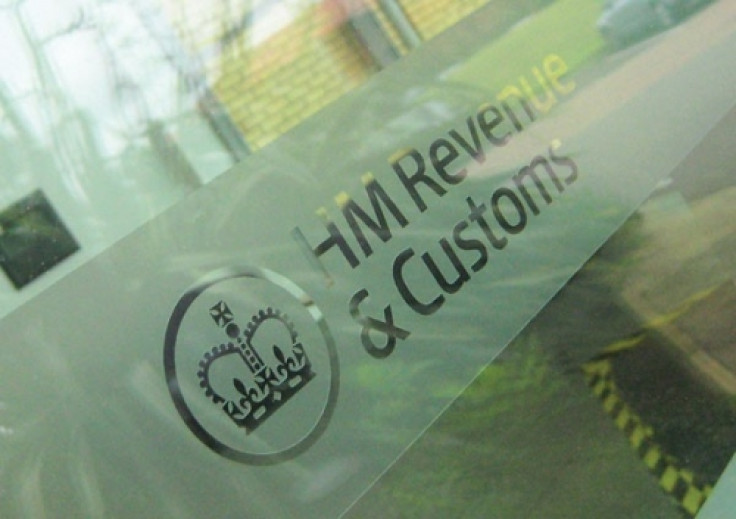HMRC to Sell UK Taxpayers' Data to Private Firms

HM Revenue & Customs is preparing to sell UK taxpayers' personal data to private firms.
HMRC officials are examining "charging options" to release anonymised tax data to third parties including companies, researchers and public bodies, the Guardian reported.
The plans are likely to raise serious concerns among privacy campaigners and MPs in the wake of the Care.data scheme, which shares "anonymised" medical records with third parties, the newspaper said.
The Care.data initiative was previously suspended for six months due to concerns that people could be identified easily from the given information, such as postcodes, dates of birth, NHS numbers, ethnicity and gender.
Likewise, the sharing of taxpayer information despite the government's assurance of suitable safeguards would be risky and could break trust between HMRC and taxpayers, according to experts.
Under the data sharing scheme, details about income, tax arrangements and payment history are expected to be traded. Such information would be useful to credit rating agencies, advertisers and retailers who want to practise price discrimination, Ross Anderson, a professor of security engineering at Cambridge University, told the Guardian.
"If they were to make HMRC information more available, there's an awful lot of people who would like to get their hands on it. Anonymisation is something about which they lied to us over medical data ... If the same thing is about to be done by HMRC, there should be a much greater public debate about this," he said.
Former Conservative minister David Davis told the newspaper that the proposal is "borderline insane".
"The Treasury lists no credible benefits and offers a justification based on an international agreement that does not lead other governments to open up their tax database," he said.
"It defies logic that we would remove those restraints at a time when data can be collected by the gigabyte, processed in milliseconds and transported around the world almost instantaneously."
"The ongoing claims about anonymous data overlook the serious risks to privacy of individual level data being vulnerable to re-identification," said Emma Carr, deputy director of campaign group Big Brother Watch.
© Copyright IBTimes 2024. All rights reserved.






